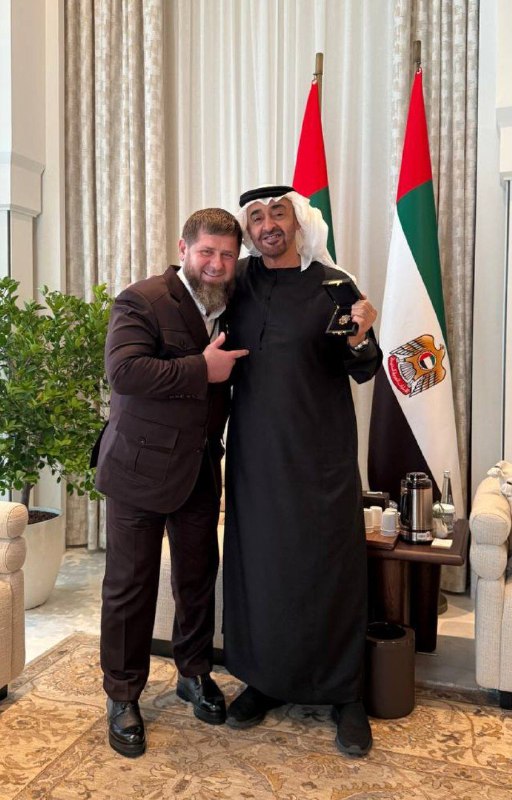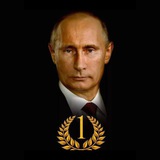group-telegram.com/RKadyrov_95/5198
Last Update:
В Абу-Даби встретился с моим дорогим старшим БРАТОМ, Президентом ОАЭ Шейхом Мухаммедом Бен Зайед Аль Нахайаном.
Мы поговорили о недавнем официальном визите уважаемого Шейха в Москву, о встрече с Президентом Владимиром Владимировичем Путиным. Предметно поговорили о развивающихся отношениях между двумя странами, достигнутых успехах, товарообороте и многом другом. Шейх Мухаммед Бен Зайед Аль Нахайан поинтересовался также обстановкой в Чеченской Республике, успехах и достижениях. Я рассказал ему о последних новостях нашего региона, о процессах нового строительства в городах, о планах на ближайшее будущее.
Безмерно благодарен дорогому БРАТУ Шейху Мухаммеду Бен Зайед Аль Нахайану за встречу. Уверен, с каждым днем наши страны будут только развивать и укреплять отношения во всех сферах.
BY Kadyrov_95

Share with your friend now:
group-telegram.com/RKadyrov_95/5198
